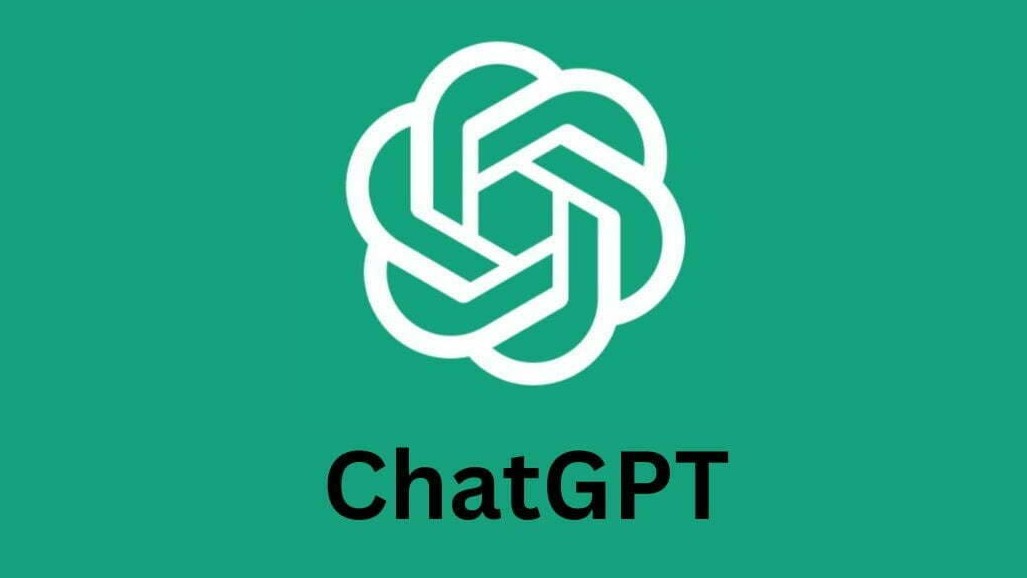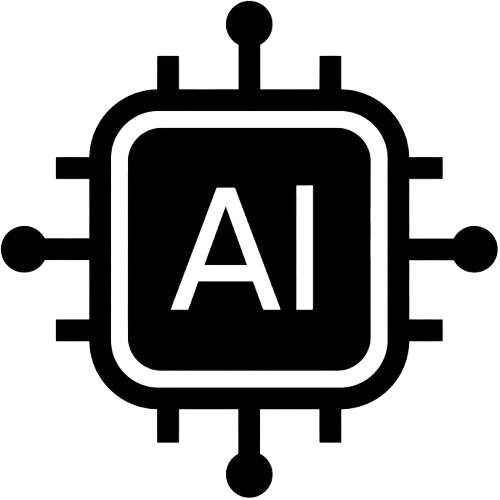Your cart is currently empty!
Written by Riyan Sharma {04|08|2025}
Use of AI Tools for Study
Use of AI Tools for Study
In 2025, Artificial Intelligence (AI) is transforming how students learn and prepare for exams. With the right AI tools, students can study more efficiently, get personalized help, and stay ahead of competition. In this blog, we’ll explore how AI can fit into your daily study routine and how to use it wisely.
Popular AI Tools for Students
1. ChatGPT & AI Tutors
ChatGPT and other AI tutor apps help students get instant explanations, clear doubts, and understand tough topics any time, day or night. These tools work like a virtual teacher, answering questions and providing summaries on the spot. ChatGPT is free to access at chat.openai.com or through other AI tutor apps on mobile.
2. Grammarly & Language Tools
Grammarly is a popular AI-powered tool that helps students write error-free assignments, emails, and notes. It checks grammar, spelling, and tone in real time, so students can submit polished work confidently. It also suggests better words and sentence structures. students can use it for free at grammarly.com.
3. Summarizers & Note Makers
AI summarizers help students turn long textbooks, articles, or lectures into clear, short summaries. This saves time and makes revision easier before exams. Some apps also help create organized notes from scanned pages or lecture recordings. Popular summarizer tools include QuillBot, SMMRY, or even ChatGPT’s summarizing ability.
4. AI Flashcard & Quiz Apps
AI flashcard tools help students create quick, smart revision cards and quizzes from their notes or textbooks. These apps use AI to pick out key terms, definitions, and questions. They also use spaced repetition to help students remember better for longer. Popular AI flashcard tools include Quizlet, Anki, and Brainscape.
5. QuesVerse AI Support
QuesVerse offers students AI-powered help combined with real solved question papers and study notes. Students can clear doubts instantly, find important questions, and get suggestions on what to study next. This saves time, reduces exam stress, and boosts confidence. Students can access these features by visiting quesverse.com.
6. AI Planners & Productivity
AI-powered planners and study trackers help students manage their time and tasks effectively. These tools can create smart study schedules, remind students of deadlines, and suggest when to take breaks for better focus. Apps like Notion AI, Todoist, or Motion use AI to automate task lists and keep students organized.





Benefits of Using AI for Study
- Saves time by automating tasks like summarizing or proofreading.
- Simplifies tough topics with instant explanations.
- Supports personalized learning that adapts to each student.
- Available anytime, unlike human tutors.
- Helps students stay organized and track progress.

How to Use AI Responsibly
While AI tools make studying easier, they can be misused if not handled carefully. Here are some clear tips for using AI responsibly –
1. Verify answers: Always double-check any solutions or summaries from AI tools.
2. Don’t copy blindly: Never submit AI-generated content directly for assignments or exams.
3. Combine methods: Use AI as a guide but keep writing your own notes and discussing with teachers.
4. Study actively: Mix AI help with group discussions and real practice papers.
5. Protect privacy: Don’t share sensitive personal info like passwords or private data with AI apps.
6. Think critically: Treat AI as an assistant — your own thinking and effort matter most.

Practical Tips to Combine AI & Study
Here are some useful ways students can combine AI tools with traditional study methods for the best results:
1. Rewrite AI Drafts: Use AI to draft notes or answers, then rewrite them in your own words to improve understanding and memory.
2. Ask Specific Questions: Be clear and detailed when asking AI questions to get accurate and helpful answers.
3. Generate Practice Tests: Use AI to create mock questions and quizzes to test your preparation and identify weak areas.
4. Plan with AI Productivity Tools: Use AI planners to create study schedules, set reminders, and manage tasks efficiently.
5. Use Real Papers: Combine AI-generated quizzes with QuesVerse’s solved papers to practice real exam questions and time yourself.
6. Review Mistakes: Use AI feedback to analyze mistakes, understand why you got an answer wrong, and focus on improving.
7. Mix AI with Peer Learning: After using AI, discuss concepts with classmates or teachers to deepen your understanding.
AI tools can be a powerful study partner when used correctly and responsibly. They help students save time, simplify difficult topics, generate summaries, create quick revision notes, and stay organized — all of which make learning more efficient and less stressful. However, they should never become a substitute for your own effort, discipline, curiosity, and real understanding. Real success comes from combining AI support with traditional learning methods like writing by hand, practicing with real question papers, teaching peers, discussing doubts with teachers, and repeating topics until fully clear. When you use AI tools wisely and balance them with strong study habits, you unlock the best of both worlds — advanced technology plus proven, time-tested learning strategies for long-term success.
Written by Riyan Sharma {04|08|2025}
Use of AI Tools for Study
Use of AI Tools for Study
In 2025, Artificial Intelligence (AI) is transforming how students learn and prepare for exams. With the right AI tools, students can study more efficiently, get personalized help, and stay ahead of competition. In this blog, we’ll explore how AI can fit into your daily study routine and how to use it wisely.
Popular AI Tools for Students
1. ChatGPT & AI Tutors
ChatGPT and other AI tutor apps help students get instant explanations, clear doubts, and understand tough topics any time, day or night. These tools work like a virtual teacher, answering questions and providing summaries on the spot. ChatGPT is free to access at chat.openai.com or through other AI tutor apps on mobile.
2. Grammarly & Language Tools
Grammarly is a popular AI-powered tool that helps students write error-free assignments, emails, and notes. It checks grammar, spelling, and tone in real time, so students can submit polished work confidently. It also suggests better words and sentence structures. students can use it for free at grammarly.com.
3. Summarizers & Note Makers
AI summarizers help students turn long textbooks, articles, or lectures into clear, short summaries. This saves time and makes revision easier before exams. Some apps also help create organized notes from scanned pages or lecture recordings. Popular summarizer tools include QuillBot, SMMRY, or even ChatGPT’s summarizing ability.
4. AI Flashcard & Quiz Apps
AI flashcard tools help students create quick, smart revision cards and quizzes from their notes or textbooks. These apps use AI to pick out key terms, definitions, and questions. They also use spaced repetition to help students remember better for longer. Popular AI flashcard tools include Quizlet, Anki, and Brainscape.
5. QuesVerse AI Support
QuesVerse offers students AI-powered help combined with real solved question papers and study notes. Students can clear doubts instantly, find important questions, and get suggestions on what to study next. This saves time, reduces exam stress, and boosts confidence. Students can access these features by visiting quesverse.com.
6. AI Planners & Productivity
AI-powered planners and study trackers help students manage their time and tasks effectively. These tools can create smart study schedules, remind students of deadlines, and suggest when to take breaks for better focus. Apps like Notion AI, Todoist, or Motion use AI to automate task lists and keep students organized.





Benefits of Using AI for Study
- Saves time by automating tasks like summarizing or proofreading.
- Simplifies tough topics with instant explanations.
- Supports personalized learning that adapts to each student.
- Available anytime, unlike human tutors.
- Helps students stay organized and track progress.

How to Use AI Responsibly
While AI tools make studying easier, they can be misused if not handled carefully. Here are some clear tips for using AI responsibly –
1. Verify answers: Always double-check any solutions or summaries from AI tools.
2. Don’t copy blindly: Never submit AI-generated content directly for assignments or exams.
3. Combine methods: Use AI as a guide but keep writing your own notes and discussing with teachers.
4. Study actively: Mix AI help with group discussions and real practice papers.
5. Protect privacy: Don’t share sensitive personal info like passwords or private data with AI apps.
6. Think critically: Treat AI as an assistant — your own thinking and effort matter most.

Practical Tips to Combine AI & Study
Here are some useful ways students can combine AI tools with traditional study methods for the best results:
1. Rewrite AI Drafts: Use AI to draft notes or answers, then rewrite them in your own words to improve understanding and memory.
2. Ask Specific Questions: Be clear and detailed when asking AI questions to get accurate and helpful answers.
3. Generate Practice Tests: Use AI to create mock questions and quizzes to test your preparation and identify weak areas.
4. Plan with AI Productivity Tools: Use AI planners to create study schedules, set reminders, and manage tasks efficiently.
5. Use Real Papers: Combine AI-generated quizzes with QuesVerse’s solved papers to practice real exam questions and time yourself.
6. Review Mistakes: Use AI feedback to analyze mistakes, understand why you got an answer wrong, and focus on improving.
7. Mix AI with Peer Learning: After using AI, discuss concepts with classmates or teachers to deepen your understanding.
AI tools can be a powerful study partner when used correctly and responsibly. They help students save time, simplify difficult topics, generate summaries, create quick revision notes, and stay organized — all of which make learning more efficient and less stressful. However, they should never become a substitute for your own effort, discipline, curiosity, and real understanding. Real success comes from combining AI support with traditional learning methods like writing by hand, practicing with real question papers, teaching peers, discussing doubts with teachers, and repeating topics until fully clear. When you use AI tools wisely and balance them with strong study habits, you unlock the best of both worlds — advanced technology plus proven, time-tested learning strategies for long-term success.


Leave a Reply